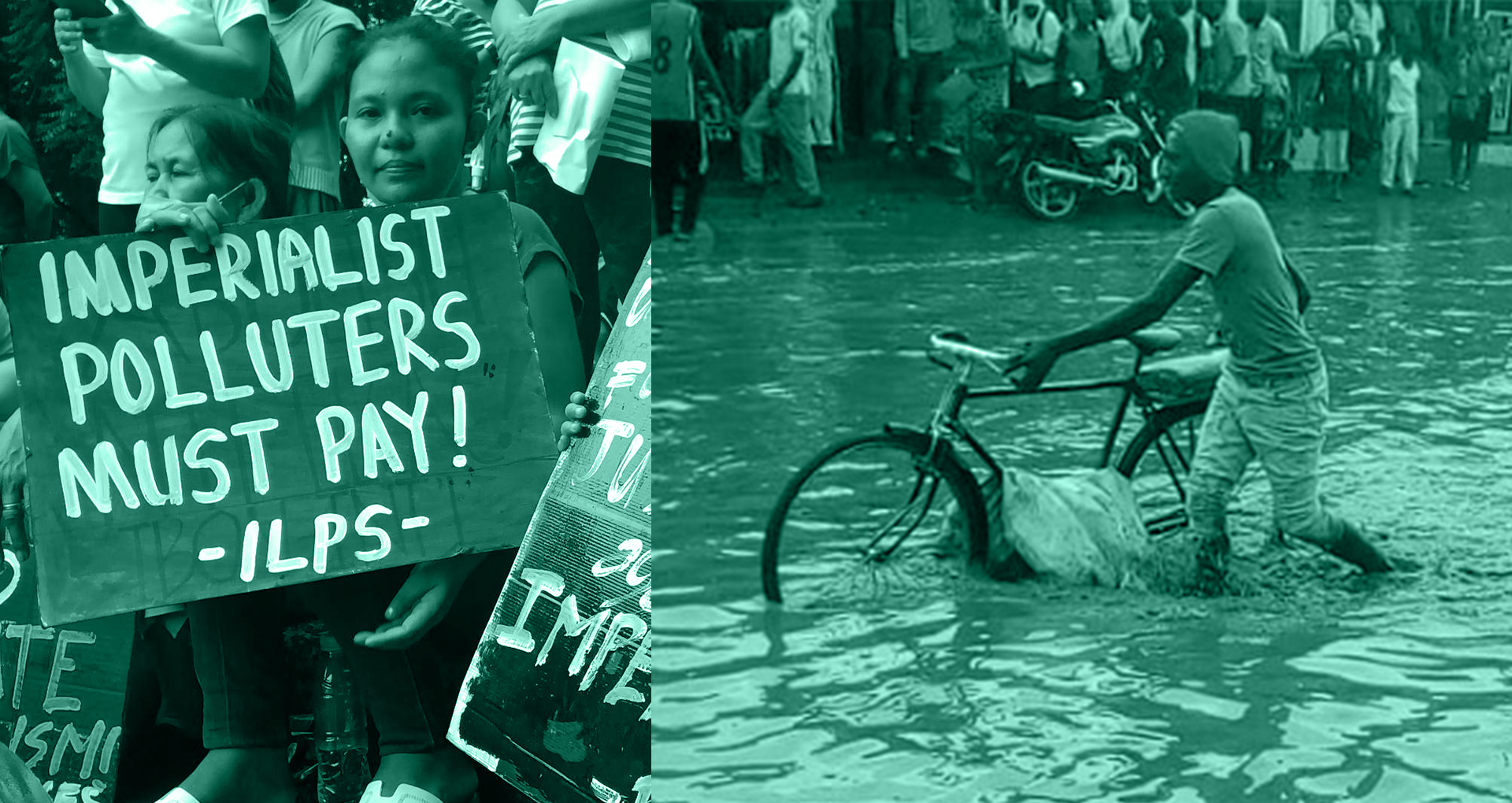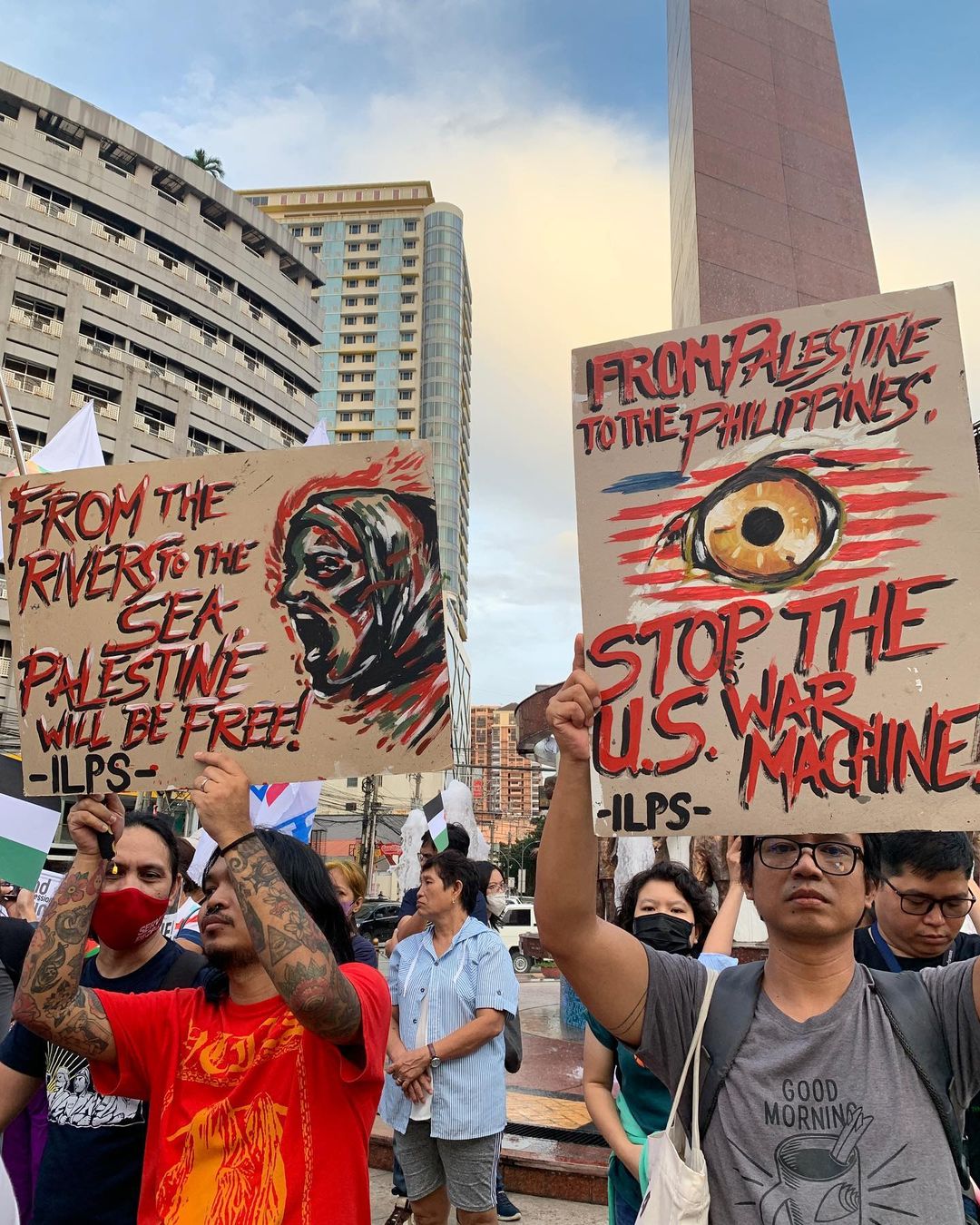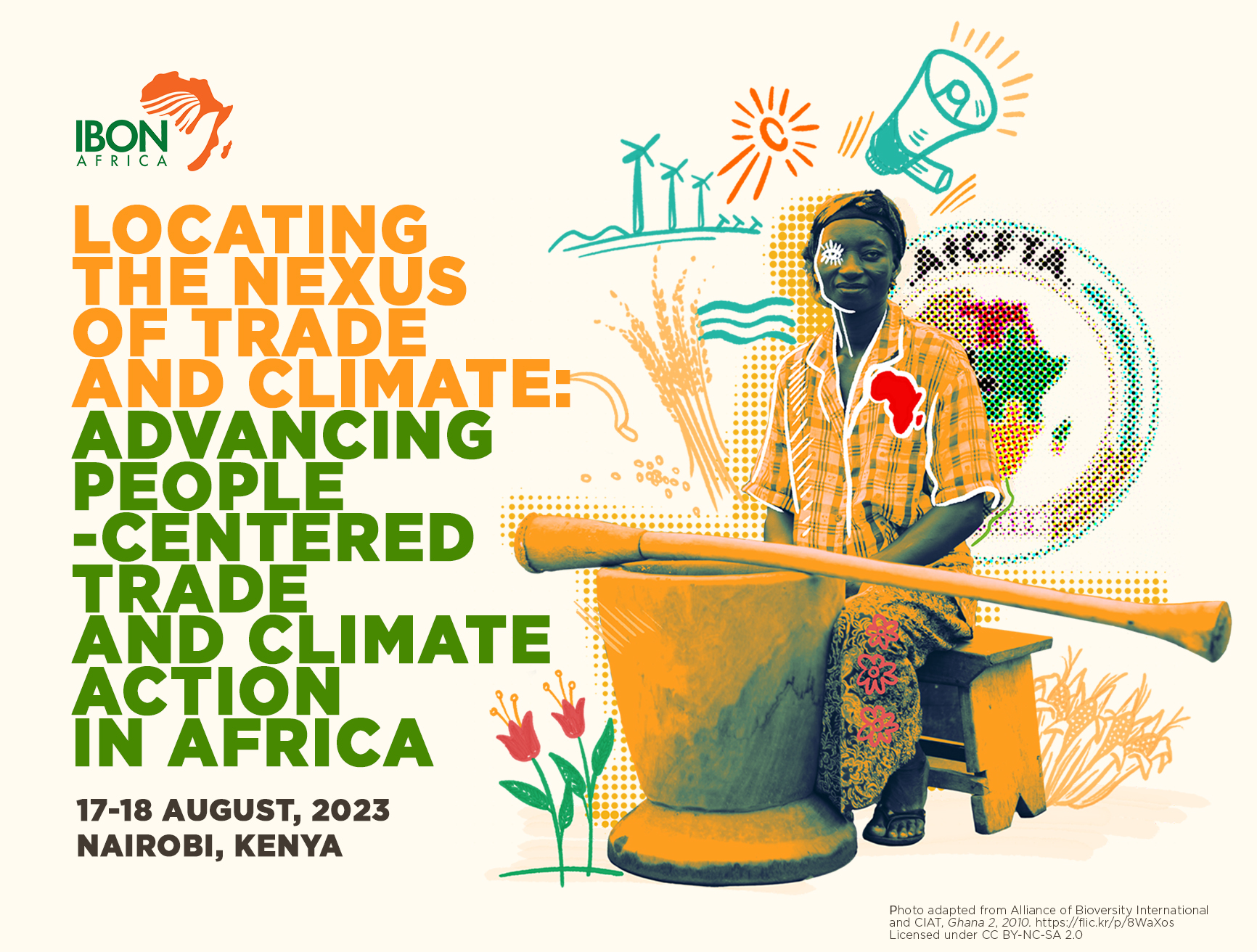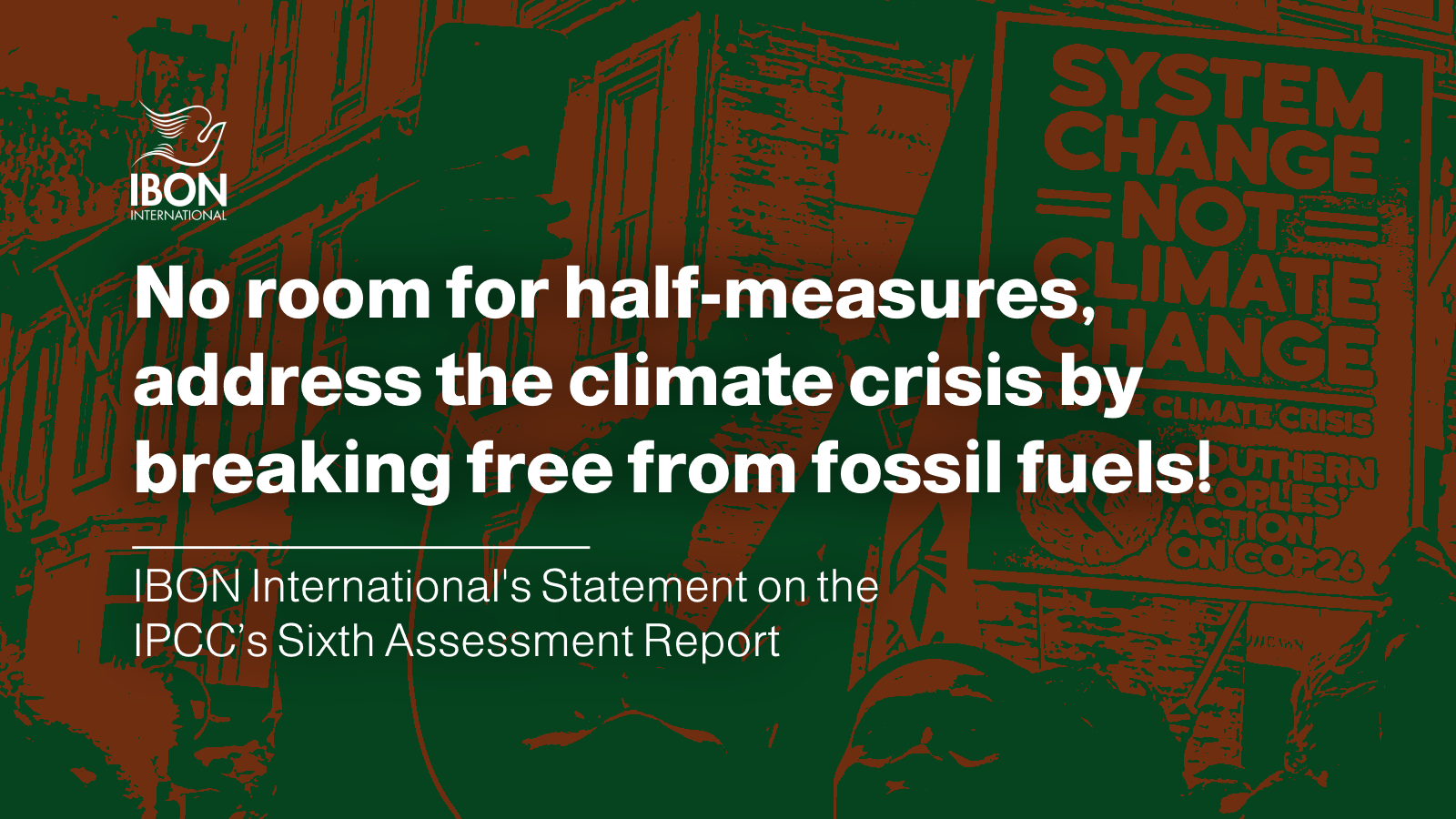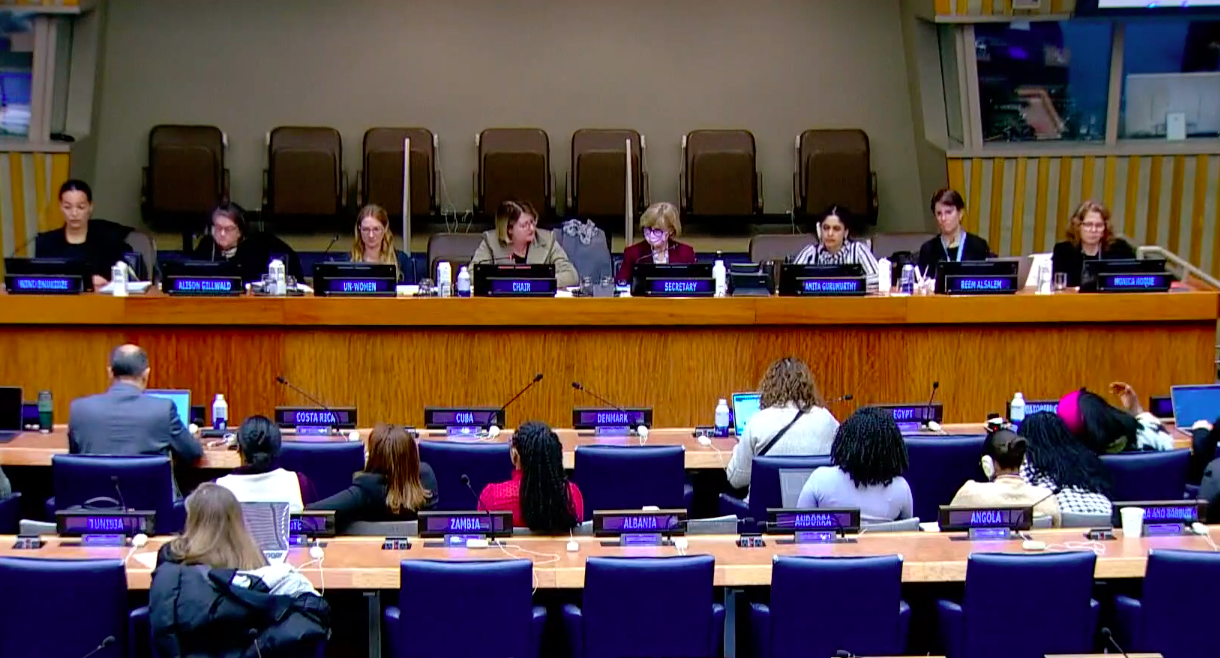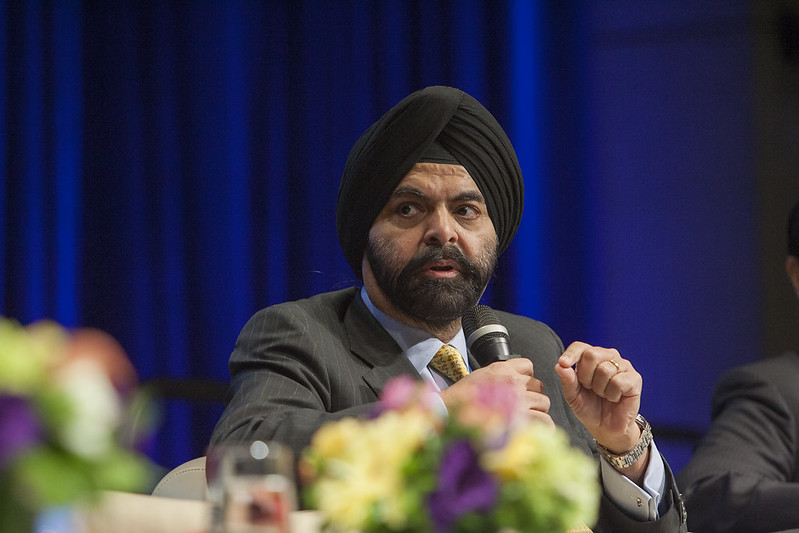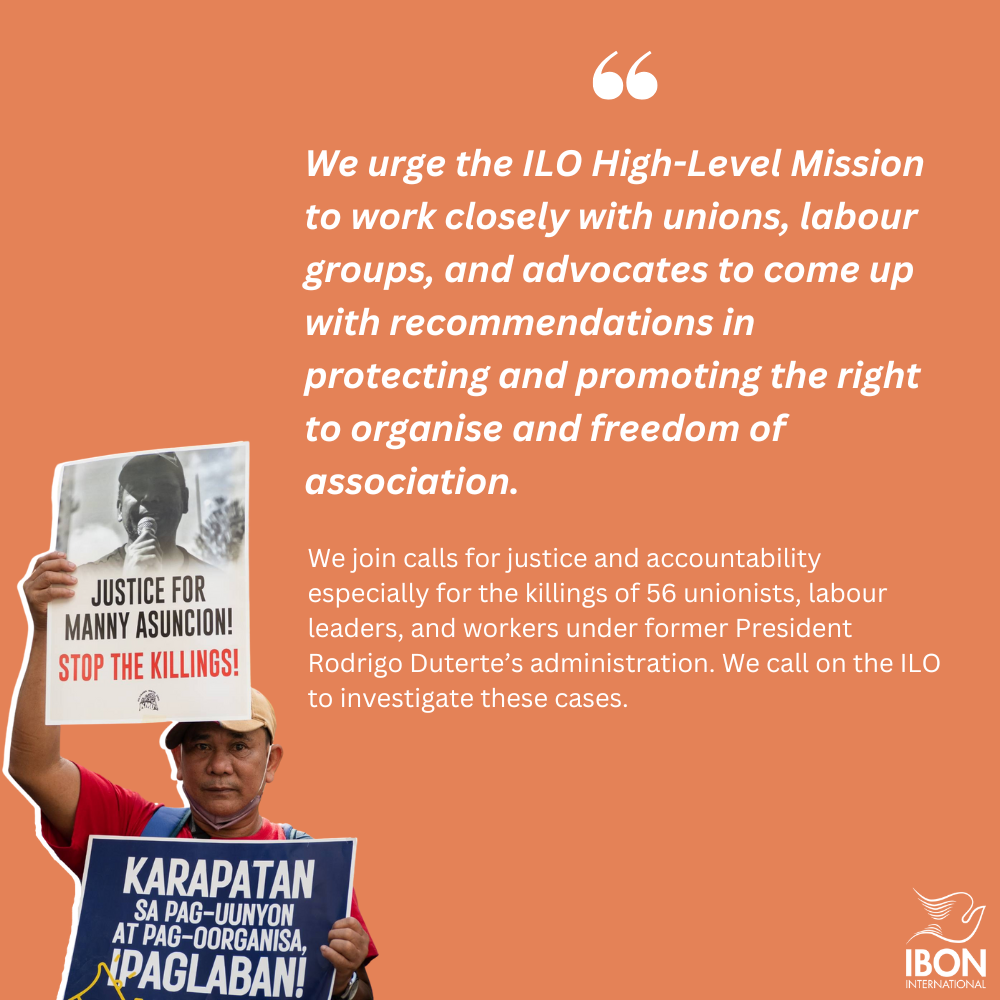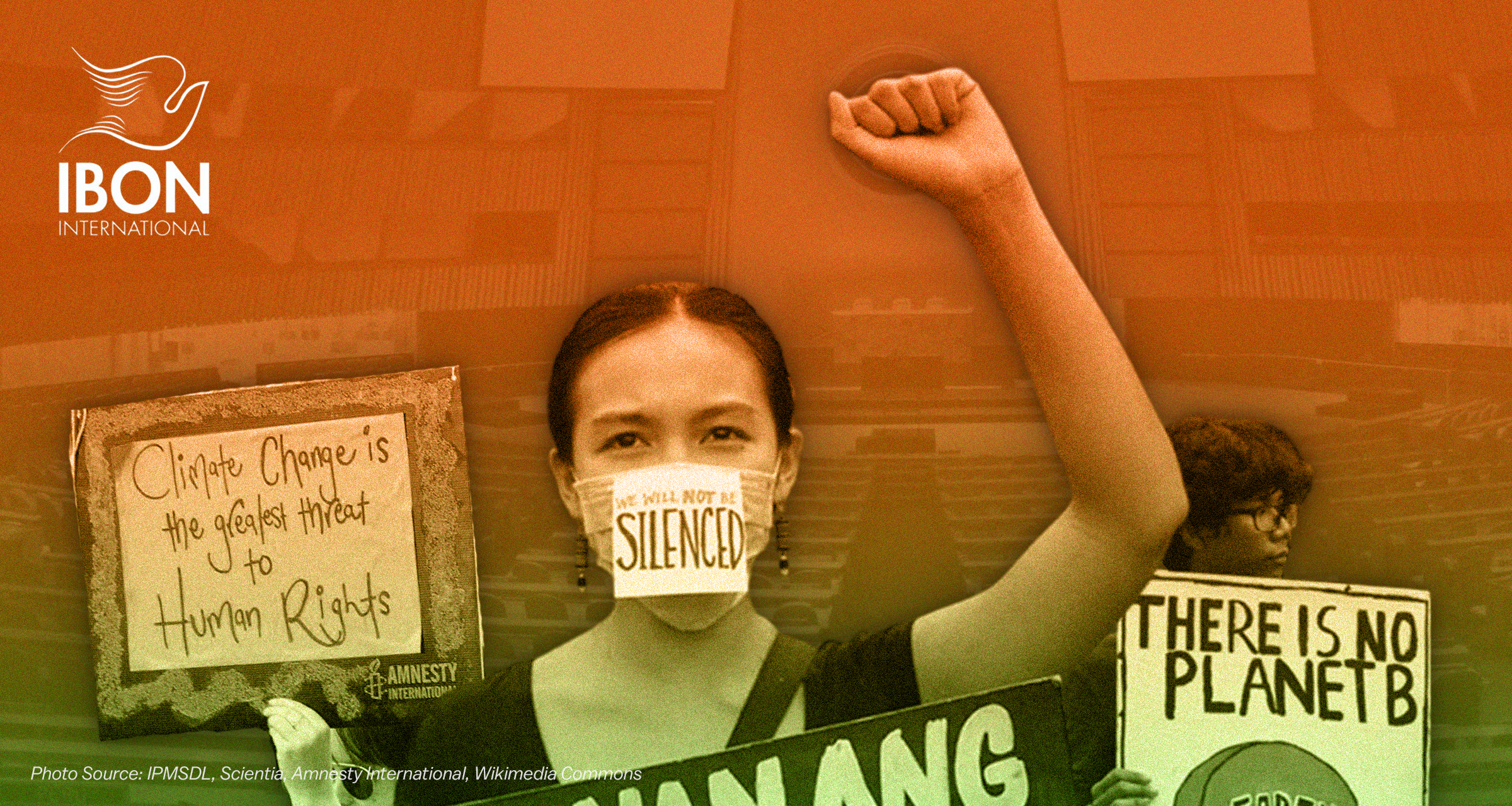[[{“type”:”media”,”view_mode”:”media_original”,”fid”:”1978″,”attributes”:{“alt”:””,”class”:”media-image”,”height”:”479″,”style”:”width: 600px; height: 300px;”,”typeof”:”foaf:Image”,”width”:”959″}}]]Protest in Argentina during the WTO's 11th Ministerial Conference / Photo by People Over Profit
This article was previously published in TeleSUR English. You may read it here.
Last December 2017, the 11th Ministerial Conference of the World Trade Organisation (MC11) ended without a Ministerial Declaration that would lay down what was “achieved” in the trade talks.
The stubborn push for pro-big business “new issues” such as e-commerce, investment facilitation and domestic regulation were contended by developing countries, especially the African group, and strongly opposed by civil society as counter to development. Thus, there was no new mandate on e-commerce and no new rules on investment facilitation and domestic regulation last MC11. But there was also no resolution on public stockholding, nor any reductions on domestic support especially for developed countries. There were also minimal agreements on the issue of cutting fishing subsidies.
Of course, people’s movements would rather have no Ministerial Declaration in last December’s meetings than have success on issues that primarily benefit transnational corporations, such as ecommerce, investment facilitation and domestic regulation. But for movements who assert peoples’ economic rights and push for a trade system based on solidarity, this is but a temporary malfunction of the WTO’s neoliberal engine for perhaps four major reasons.
First, work will still continue after MC11 on all the standing work programmes, especially the thorny issues; for instance with the WTO’s new deadline for outcomes on fisheries subsidies moved to 2019. This could still threaten the livelihoods of small-scale fisherfolk who risk being included under the definition of “Illegal, Unreported and Unregulated” (IUU) fishing.
Second, as an alternative to multilateral talks, plurilateral talks – or talks among “like-minded” countries – on the same neoliberal premises will be pursued as a supposed “way forward”. This is a real threat, as developed countries retreat to this default mode as “first-step” and achieving multilateral deal in the future as “second step”. At the MC11, joint statements were released pledging exploratory work on ecommerce (signed by 71 countries including Japan, EU and US), and “structured discussions” on investment facilitation (signed by 70 countries including China and EU). We can clearly see that developed countries, particularly US and the EU, as well as China, easily revert to the negotiation mode that best serve their big business interests whether they be unilateral, bilateral or multilateral.
Third, the role of private sector is being formalized in the WTO, as the International Chamber of Commerce (ICC) led the Business Forum alongside MC11. The forum formally forwarded recommendations to the WTO on issues which are inimical to people’s interests such as new negotiations on e-commerce and action plan on investment facilitation.
Fourth, outside the auspices of the WTO, free trade agreements are still underway, with the TPP 11, misleadingly called the Comprehensive and Progressive Agreement for Trans-Pacific Partnership (CPTPP), and the Regional Comprehensive Economic Partnership (RCEP) still on the table. According to the Japanese economy minister, the CPTPP agreement – without the US – will be signed in March [It was eventually signed on 8 March 2018 – ed.].
Certainly, for peoples and movements in the global South, the real “way forward” is not a choice between plurilateralism or multilateralism, but reclaiming the policy space needed for development in trade. But as the years go by for the WTO (22 years and counting), the possibilities for people’s interests within the trade body have been bleaker and bleaker.
The Doha Development Agenda (DDA) has been used as a carrot for countries to hang on to the WTO, but this itself is at an uncertain juncture. In 2015, critics saw the “death” of the DDA with lack of consensus affirmation on the agenda. And in the2017 Ministerial Conference the prospects for Doha have been bleaker, with rich industrialised states and their allies having the gall to peddle changes towards even more pro-TNC e-commerce rules.
If the worse comes to worst, we may have to listen more to the movements especially in the global South who have been, for years, calling to finally “junk” the WTO.


